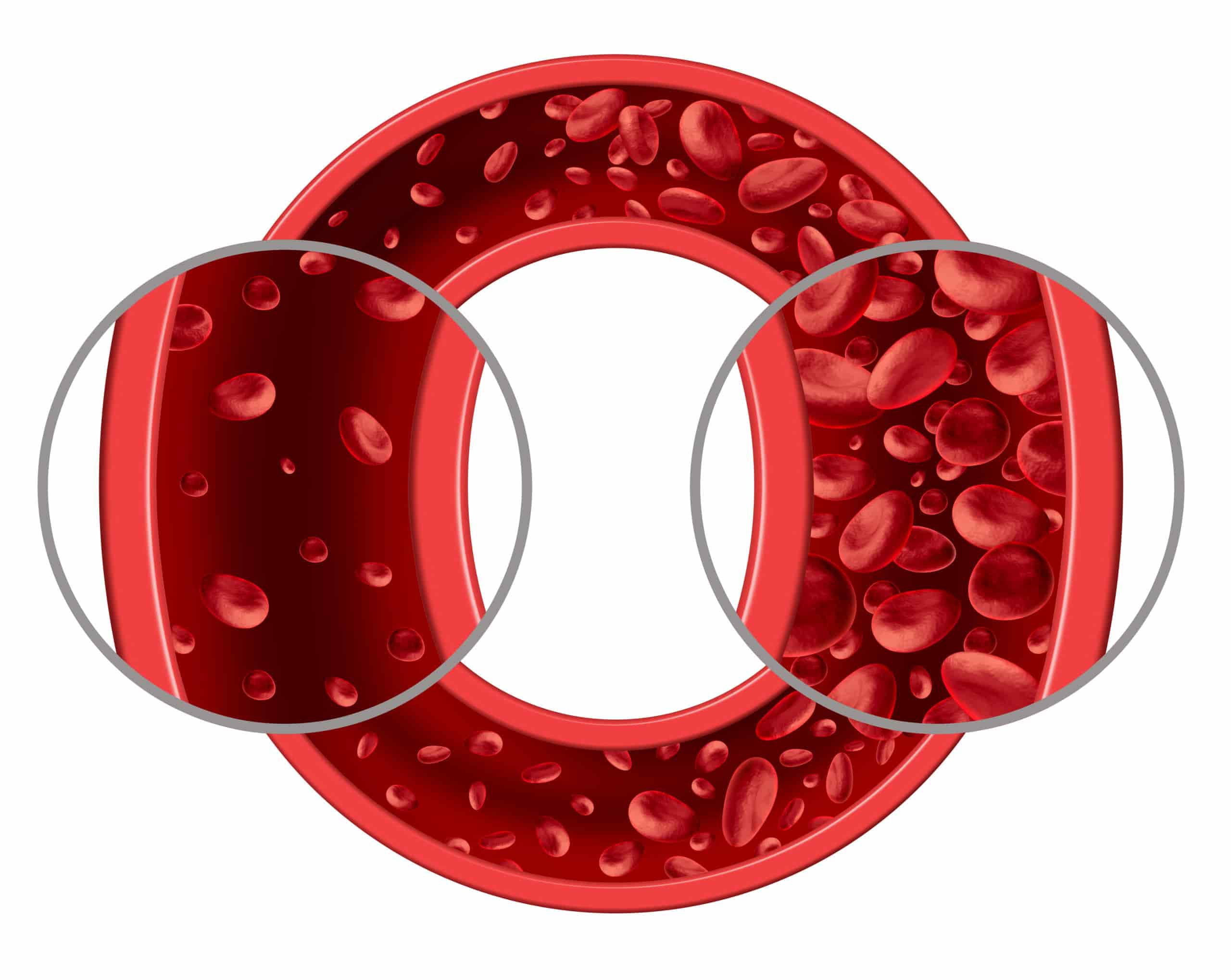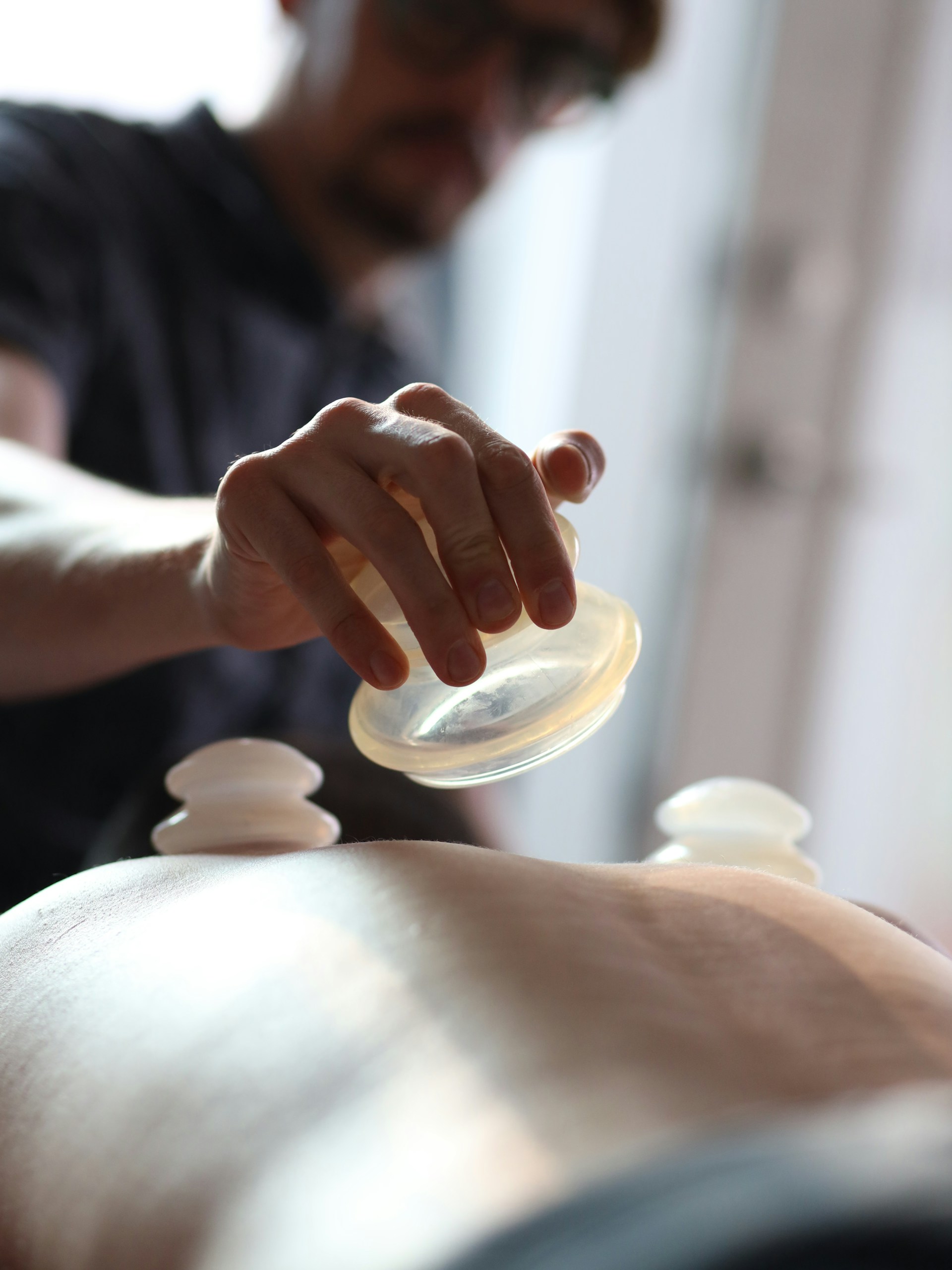Cupping and Smoking: A Unique Window for Lung Detoxification, Alleviating the Effects of Smoking, and Supporting the Quit Journey
A Unique Introduction:
In the fierce battle against the toxins of smoking and its destructive effects, cupping therapy stands out as a unique treatment option, offering a fresh perspective on lung detoxification, alleviating the damages caused by smoking, and possibly supporting the journey to quit. This article not only explores the potential benefits of cupping in this context but also aims to provide a unique insight into the mechanisms that may make it a valuable addition in combating this formidable adversary.
Smoking: Toxins That Penetrate Every Cell:
Smoking is one of the most dangerous habits threatening public health, with its toxins infiltrating every cell in the body, causing devastating effects on the lungs and respiratory system in particular, and increasing the risk of serious diseases such as cancer and heart disease.
Cupping: A Window of Hope for Lung Detoxification and Alleviating Damages?
Cupping offers a unique approach to addressing the effects of smoking, where it may help alleviate some of the damage caused and support respiratory functions. Although scientific research is still exploring its full effects in this area, there are potential mechanisms that deserve attention:
Improving Circulation in the Lungs: The suction effect of cupping increases blood flow to the lungs and surrounding tissues. This improvement in circulation may help eliminate some of the toxins from smoking and enhance respiratory function.
Reducing Lung Inflammation: Smoking causes chronic inflammation in the lungs. Some studies suggest that cupping has anti-inflammatory properties, which may help alleviate this inflammation and reduce the damage it causes.
Supporting Immune System Function: Smoking weakens the immune system. Cupping may help enhance immune function, assisting the body in combating the effects of smoking.
Alleviating Stress and Anxiety: Stress and anxiety play a significant role in increasing the desire to smoke. Cupping may help in relaxation and reducing stress, which could support the efforts to quit smoking.
Cupping and Quitting Smoking: Additional Support in the Battle of Willpower:
While cupping may not be a magic cure for quitting smoking, it can serve as a valuable adjunct therapy in this challenging journey. By alleviating some of the physical and psychological effects of smoking, cupping may help smokers better cope with withdrawal symptoms and enhance their chances of successfully quitting.
Scientific Research: The Need for Further Exploration:
Scientific research on the effects of cupping on smoking-related lung damage and smoking cessation is still relatively in its early stages. More high-quality studies are needed to confirm the potential benefits and determine the precise mechanisms behind its effects in this context.
Cupping as Part of a Comprehensive Approach to Smoking Cessation:
Cupping should be considered part of a comprehensive approach to smoking cessation, including conventional medical treatments, psychological counseling, and strong willpower support. It should not be viewed as a substitute for essential medical treatments for quitting smoking or a cure for the damage caused by smoking.
Unique Conclusion:
Khaled Al-Zulal’s Cupping Therapy Centers offer a unique perspective and therapeutic plans that assist in lung detoxification and alleviate some of the effects of smoking. Cupping may be a valuable adjunct therapy in the journey to quit smoking. Its potential mechanisms, such as improving circulation, reducing inflammation, supporting immune function, and alleviating stress, make it a treatment worth exploring. However, the need for more high-quality scientific research remains. Smokers who are considering cupping should consult their doctors and integrate it carefully into a comprehensive smoking cessation plan. Adopting an approach that combines traditional and complementary treatments, under medical supervision, may open a unique window toward improving lung health and supporting the efforts to quit smoking.





















